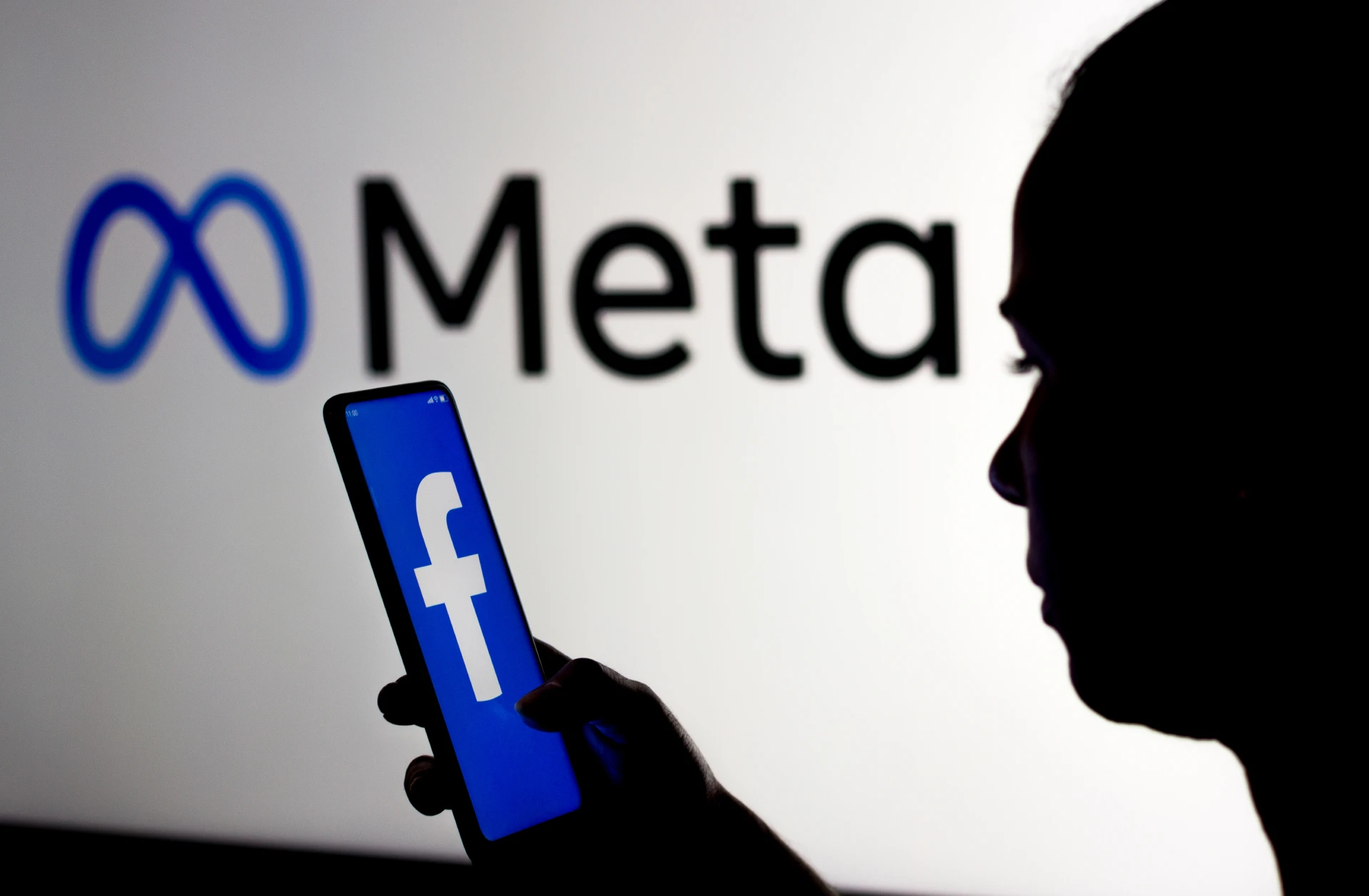1. Introduction
Mark Zuckerberg, the co-founder and CEO of Meta Platforms (formerly Facebook), stands as one of the defining figures of the digital age. As the architect of the social networking giant Facebook, Zuckerberg’s ability to shape communication and connect billions of users globally has revolutionised the digital landscape. From small beginnings in a Harvard dormitory to leading one of the most valuable tech companies in the world, Zuckerberg’s journey reflects a unique combination of vision, adaptability, and quiet charisma.
In the rapidly evolving tech industry, charisma plays a pivotal role in galvanising investors, users, and employees alike. While Zuckerberg may lack the theatrical oratory style often associated with highly charismatic leaders, his determination, vision, and approachability have been key factors in his branding success. This whitepaper explores Zuckerberg’s leadership style, his strengths and challenges, and the business lessons to be drawn from his extraordinary journey.
2. Zuckerberg’s Charismatic Traits
2.1 Vision and Determination
Zuckerberg’s success stems from his clarity of vision: connecting people and building communities. His belief in the transformative power of technology has been the foundation of Facebook’s growth and its rebranding as Meta, with the company’s new focus on immersive technologies such as virtual and augmented reality. His unwavering commitment to long-term goals, even in the face of criticism or setbacks, has made him a respected leader in the tech industry.
His determination is further exemplified in his ability to pivot at critical junctures. For instance, Facebook’s shift towards mobile-first solutions in the 2010s ensured the platform’s relevance in a rapidly changing digital environment.
2.2 Approachability and Focus on Connection
Unlike some tech leaders who project a larger-than-life persona, Zuckerberg has cultivated an image of relatability. His casual attire—a simple hoodie or T-shirt—has become symbolic of his down-to-earth demeanour. This approachability helps him resonate with the tech community and the younger demographic that forms a significant portion of Facebook’s user base.
Zuckerberg’s focus on connection extends beyond users to include employees and business partners. His open communication style and emphasis on building relationships within the organisation underscore his commitment to a collaborative culture.
3. Positive Aspects of Zuckerberg’s Personal Brand
3.1 Transforming Communication and Social Networking
Under Zuckerberg’s leadership, Facebook redefined the nature of communication, making it instantaneous, interactive, and global. Beyond the social network itself, platforms like Instagram and WhatsApp, acquired under Zuckerberg’s direction, have extended this vision further, providing users with diverse means of expression. By continually adapting to user needs and integrating new features like Stories and Reels, Zuckerberg has ensured Meta’s platforms remain vital to global users.
3.2 Adaptability and Focus on Innovation
Zuckerberg’s personal brand reflects his willingness to take risks and embrace change. The decision to rebrand Facebook as Meta represents his ambition to shape the future of online interaction through the Metaverse. This move highlights his talent for anticipating emerging technologies and positioning his company to lead in new industries.
Furthermore, Zuckerberg’s emphasis on developing artificial intelligence and connectivity infrastructure (e.g., the Internet.org initiative) demonstrates his commitment to bridging digital divides and expanding access to technology.
4. Critique of Zuckerberg’s Approach
4.1 Privacy, Data Security, and Public Trust
Despite Zuckerberg’s achievements, his leadership has faced significant challenges, particularly around privacy and data security. Scandals like Cambridge Analytica exposed vulnerabilities within Facebook’s policies, leading to global scrutiny and eroding public trust. Issues surrounding misinformation, election interference, and harmful content on Meta’s platforms have raised questions about corporate responsibility and ethical leadership.
For business professionals, Zuckerberg’s experiences emphasise the critical importance of addressing user trust and privacy proactively. Allowing such issues to escalate risks damaging both brand equity and stakeholder relationships.
4.2 The Perception of Insensitivity
While Zuckerberg’s charisma is rooted in his technical vision and determination, critics argue that his communication style can sometimes come across as detached or indifferent. For instance, during hearings with US Congress regarding data breaches and platform regulation, his responses were criticised for appearing overly technical and lacking empathy. Leaders in any sector must balance technical expertise with genuine relatability to fully connect with their audience.
5. Lessons for Business Professionals
5.1 Transparency and Ethics in Branding
Zuckerberg’s journey highlights the necessity of fostering transparency and ethical practices in business. Organisations must implement robust measures to protect customer data while openly communicating their policies. Leaders who proactively address ethical concerns can build trust and strengthen their brand over time.
5.2 Listening to Feedback and Adapting Accordingly
Zuckerberg has demonstrated the importance of adaptability by implementing user feedback into Meta’s platforms, ensuring they remain both relevant and engaging. Business leaders can follow this example by actively listening to their stakeholders, identifying areas for improvement, and responding with agility.
5.3 Balancing Vision with Practical Action
Leaders who are visionary, like Zuckerberg, inspire confidence and innovation within their teams. However, they must also ensure that visionary goals are supported by practical plans. Balancing aspirations with achievable milestones allows companies to deliver sustainable results while maintaining credibility.
6. Conclusion
Mark Zuckerberg’s branding journey offers a fascinating case study in how charisma, vision, and innovation can transform global industries. His commitment to building connections and adapting to change has enabled his company to stay at the forefront of technological advancements. While challenges related to privacy and public trust have tested his leadership, these experiences illustrate the delicate balance between visionary ambition and ethical responsibility.
For business professionals, Zuckerberg’s story underscores the importance of transparency, adaptability, and ethical considerations in branding. By integrating these principles, leaders can inspire trust, foster innovation, and remain competitive in an ever-changing business landscape.
7. References
- Kirkpatrick, D. (2010). The Facebook Effect: The Inside Story of the Company That Is Connecting the World. Simon & Schuster.
- Isaac, M. (2019). Super Pumped: The Battle for Uber. W.W. Norton & Company (for tech comparisons).
- Bass, B. M. (1990). From Transactional to Transformational Leadership: Learning to Share the Vision. Wiley & Sons.
- Lanier, J. (2018). Ten Arguments for Deleting Your Social Media Accounts Right Now. Henry Holt & Co.










